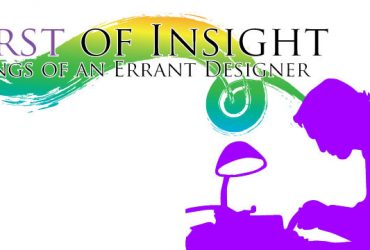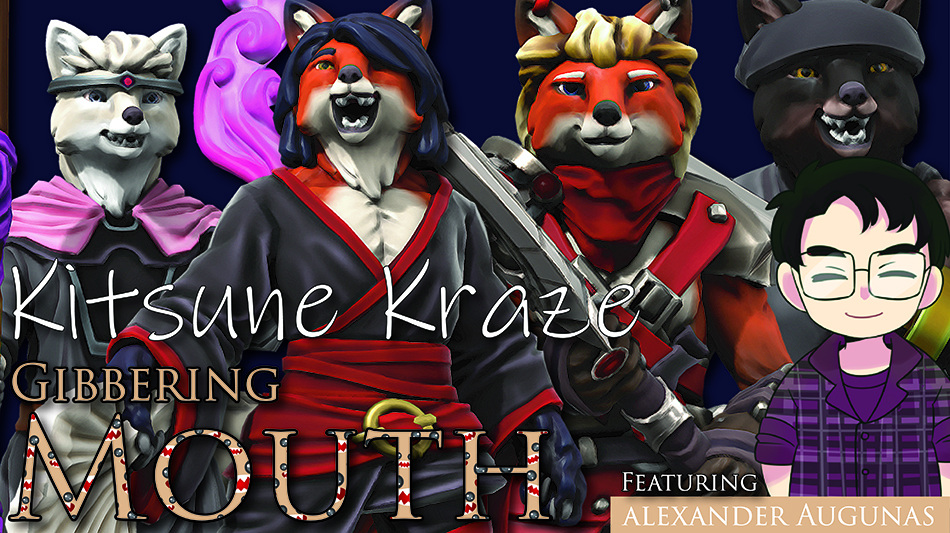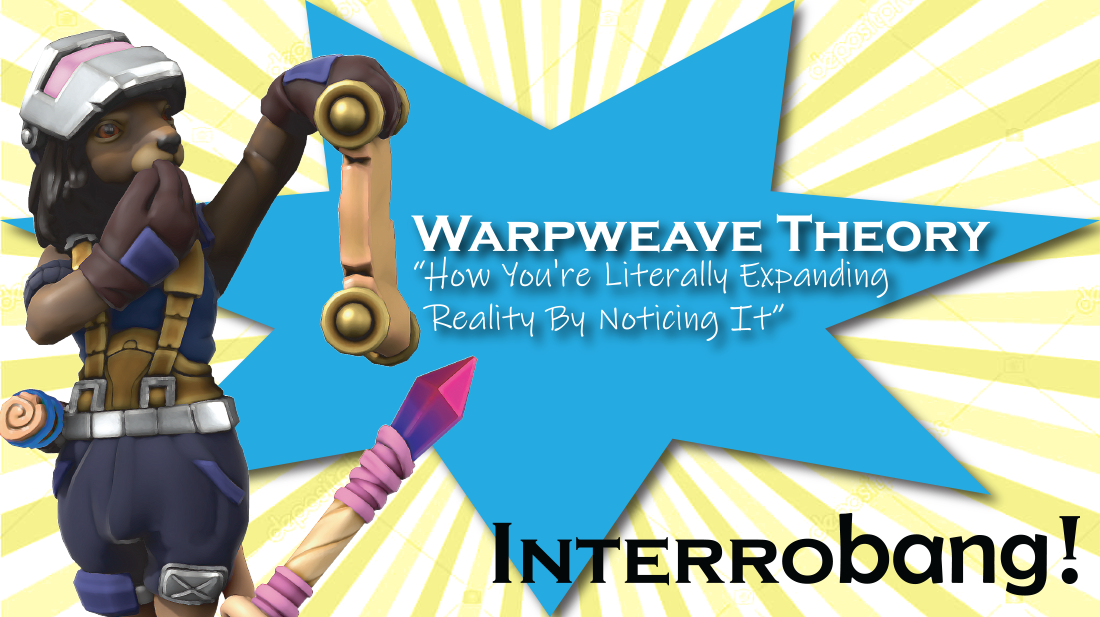Last Christmas (which was literally yesterday), I did a lot of thinking on the nature of gifts—specifically, why we give them. What I came up with is simple: usually, we gift people to show our appreciation, to show someone that we care. The effects of receiving a thoughtful gift are profound; I feel like I don’t need to elaborate on this. Most of us have received at least one gift in our lifetimes that we weren’t expecting, a gift that really touched us. They tend to be some of our favorite things, right?
Well, what does this have to do with roleplaying games? To be honest, nothing. Nothing and everything.
Now, before I continue I want to make something pretty clear—this year my family celebrated a fantastic Christmas. We exchanged gifts, did one of those “throwback pictures” where we pulled out an old Christmas photo of the family from a decade and a half ago and recreated it. We had delicious food, played fun games (Exploding Kittens is a new family favorite), and genuinely enjoyed each other’s company.
I’m willing to bet that the majority of freelancers, gamers, designers, and all of the other people who make your favorite games as great as they are had a similarly wonderful time in their own way.
Today, I don’t want to talk about gift giving on Christmas. I want to talk about gift giving year-round, and honestly I can’t think of a goof way to segeway into this topic, so I’m just going to drop it on you readers like a ton of bricks—good game design isn’t easy. It is arduous, time consuming, and sadly, it is often thankless work. When you’re the freelancer, your developer doesn’t often have time to give you feedback because of tight turnarounds. When you’re a developer, your freelancers never see the hard work and magic that you put into every sentence they crafted to make it shine. And for the majority of things they right, both freelancers and developers never hear a lick of praise or thanks from the majority of customers who buy their products.
Now, this isn’t a, “Shame on you for not licking our feet!” sort of post, but I want to reiterate again that game design, like all forms of technical writing, is work. Hard, grueling work. And despite the fact that we know praise is rare in this business, most of us still get really attached to things we write. We pour our hearts and our souls into every word, whether we’re freelancers pulling ideas from nowhere, designers putting all of the freelancer’s ducts in a row, editors working their hearts out to make sense of 256 pages of technical mumbo jumbo, and so on. Everyone who works on every game you’ve ever owned puts a little bit of themselves into every word you’ve ever read. And the majority of that toil and sacrifice is never reciprocated.
It is a gift that the folks who created it are almost never thanked for.
We live in a digital age. An age where criticism comes far more naturally thank thanks and appreciation. Some people think to themselves, “Well, if I’m just echoing these people on the stuff I write, I’m not giving useful feedback.” Others get so tied up in the ten or twenty words that they don’t care for that they neglect the love and respect they have for the other 10,000 or 20,000. It is an all-too easy trap for us to fall into. But even more true is that the majority of customers don’t interact with the content creators at all. They buy their product, say, “Oh, I like this!” and never send those thoughts any further then that. The praise and thanks stays wrapped up in the customer’s head and never goes anywhere. A gift that is never delievered.
And honestly, folks, a lot of great game designers that I know could really use that praise. We’re not always the most mental or emotionally stable of people. I’ve personally had bouts with depression and burnout, and I know designers, freelancers, and even creative leads who’ve had similar struggles. Now, different people have different demons, but when it comes to the industry, those who have mental and emotional illnesses revolving around creating the things that you love often get those illnesses from the sheer amount of negativity that we experience interacting with our customers. All that, “Positivity doesn’t give good feedback, criticism does!” Yeah, multiply that a thousandfold and the feedback doesn’t always matter like it should. The negativity matters, because too much negativity is toxic. And the only cure is positivity.
So this holiday and year-round, I implore you, readers, to think about the games that make your year special. The games you play with your friends, your families, and all of your loved ones. Think of all of the positivity it brings to you and the people you enjoy those games with it, and bottle a little bit of that positivity. Bottle a rule or a monster, a magic item or an archetype, an adventure or an NPC, or even just a feeling that a game product gives you and give that bottle back to the people who helped make the experience that you loved in the form of a quick little forum comment, an e-mail or private message, something. You think that positivity isn’t useful feedback, but here is the simple truth—criticism might help us to be better in the future, but positivity fuels the creative fires that make the next product possible at all.
Have a safe and happy holiday, and I’ll see you in 2016.
Alexander “Alex” Augunas has been playing roleplaying games since 2007, which isn’t nearly as long as 90% of his colleagues. Alexander is an active freelancer for the Pathfinder Roleplaying Game and is best known as the author of the Pact Magic Unbound series by Radiance House. Alex is the owner of Everyman Gaming, LLC and is often stylized as the Everyman Gamer in honor of Guidance’s original home. Alex also cohosts the Private Sanctuary Podcast, along with fellow blogger Anthony Li, and you can follow their exploits on Facebook in the 3.5 Private Sanctuary Group, or on Alex’s Twitter, @AlJAug.





